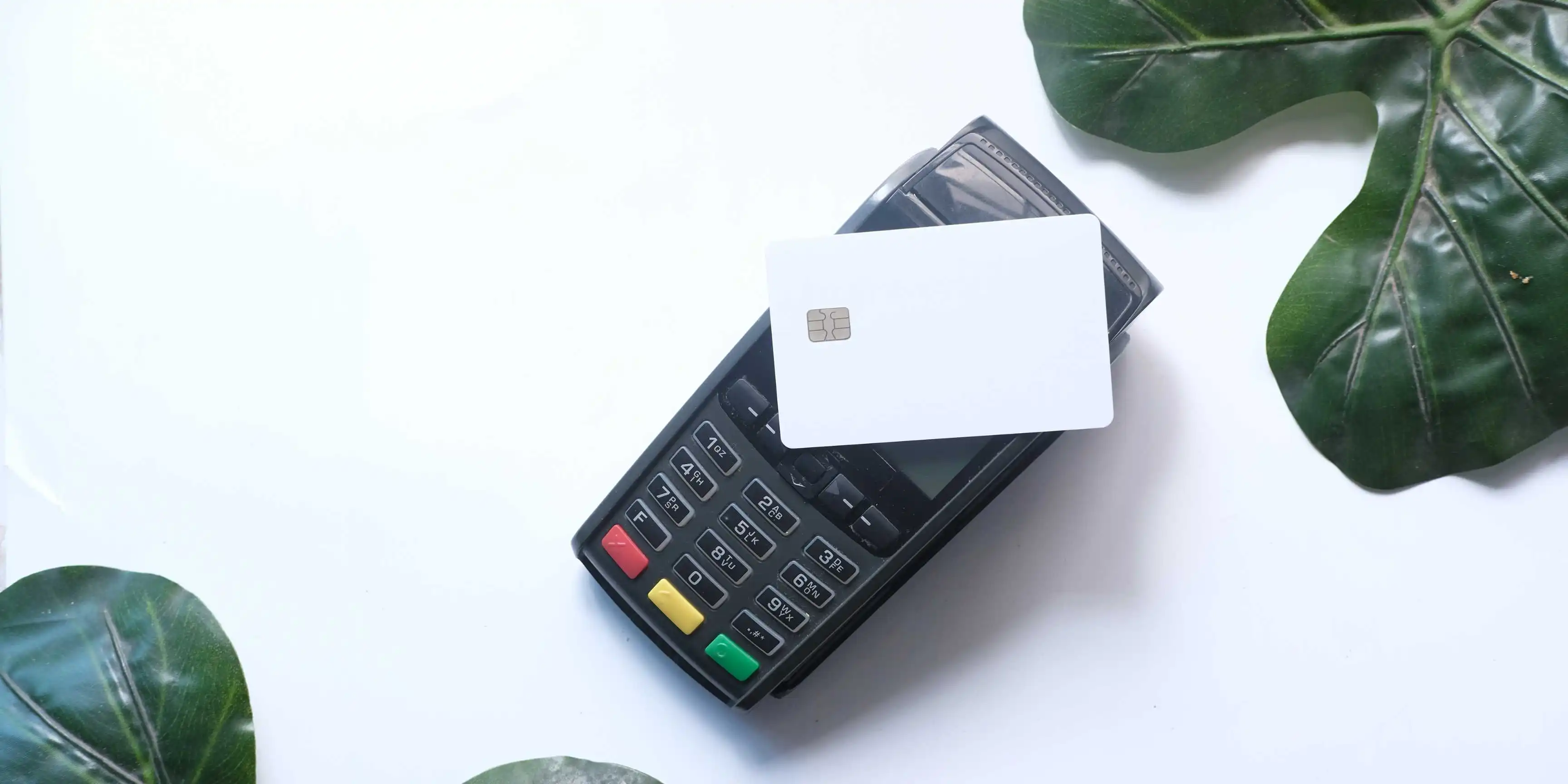
As a small business owner, you know that customer satisfaction and adapting to trends are key to your business's growth and success. One trend that has been steadily on the rise is the move towards cashless payments.
Moving towards cashless transactions can help streamline your business operations.
Implementing a cashless payment system in your business can bring a range of advantages, from convenience and security to access to customer data and improved sales.
Cashless payment is a payment system that does not involve using physical money. This type of payment system relies on digital payment methods such as debit or credit cards, online bank transfers, or other forms of digital payment. Cashless payments are becoming increasingly popular in various industries, as they provide more secure, efficient and convenient payment options for customers.
Debit or credit card payments
This form of payment relies on the user's bank account and requires customers to enter their debit or credit card information to make a purchase.
Mobile phone payments
This payment type allows customers to use their mobile to pay for goods or services. Popular mobile payment systems include Apple Pay, Google Wallet and Samsung Pay.
Online bank transfers
This type of cashless payment relies on the user's online banking account and can be used to transfer money from one account to another.
There are several avenues for you to explore regarding cashless payment - you can choose which you want to use.
Cashless payment systems have various benefits for your business and its customers.
The growth of a small business lies in its ability to adapt to customer needs. One key area of customer satisfaction is the payment process, and one trend becoming increasingly popular is the move towards cashless payments.
The advantages of implementing cashless payment for your small business are vast. For starters, cashless payments are faster, more efficient and more secure. Allowing customers to make payments with their cards or via online payment systems makes it extremely easy for them to make purchases. And, with the introduction of new technologies, such as contactless payments, customers can now make payments with the click of a button.
Cashless payments are a secure way for customers to pay, and for businesses to receive money.
In addition to making the payment process swift and secure, cashless payments also drastically reduce the chances of theft and fraud. Customers won't be carrying large sums of cash around with them, reducing the chances of theft or robbery. Likewise, with contactless payments, customers don't have to store their financial information anywhere and all transactions are securely encrypted.
Beyond security, cashless payments also improve your business's data collection process. Access to reliable and accurate customer and transaction data can help you make better decisions and create more efficient marketing and promotional campaigns. With access to payment data, you can identify customer behaviour such as frequency, purchase amounts and preferences. This data can be used to identify areas of opportunity and target customers more effectively.
With the rise of new technologies, such as contactless payments, cashless payments are becoming the preferred method for many customers. Another reason for the rise in popularity and availability of cashless payment systems is the pandemic. People found that moving away from physical money was a safer and more hygienic way of operating - and found that it was a more streamlined way of operating.
Many hospitality businesses can save time by not having to handle cash at the end of the working day.
For example, if you own a restaurant, bar or café, it's time-consuming to count up cash at the end of the working day. This is valuable time that could be freed up for other business activities.
A merchant cash advance is a funding avenue tied to customer card payments. This is available to any business that takes card payments, even if they also accept cash. However, if you did move away from cash payments and only took card payments, you may be able to borrow more.
A merchant cash advance is suitable for small businesses that have gone cashless, as the amount you can borrow is based on customer card payments. With a merchant cash advance, a lender provides a small business with upfront capital that they can use to fund a variety of projects, from digital marketing campaigns to technology upgrades.
An MCA is a type of funding based on your customer card payments.
By utilising a merchant cash advance, small business owners can access the funds they need without worrying about traditional repayment timelines. This is especially beneficial for businesses that handle cashless payments, since the repayment plan is based on a percentage of their daily credit and debit card sales. This offers businesses the flexibility they need to ensure they're making their payments each month, while still being able to keep up with their day-to-day operations.
If you're looking for a fast, easy and secure way to finance your business, a merchant cash advance could be the perfect solution. Enquire about a Love Finance MCA here and see the difference it could make to your business.
The move to cashless payments is an important step for any small business, and its benefits are too valuable to ignore. Whether you choose to implement traditional card payments, contactless payments or even mobile payments, you'll be sure to see the customer satisfaction and sales increases that come with it. So, if you're looking to keep up with customer trends and create a more efficient, secure and profitable business, it's time to go cashless!


